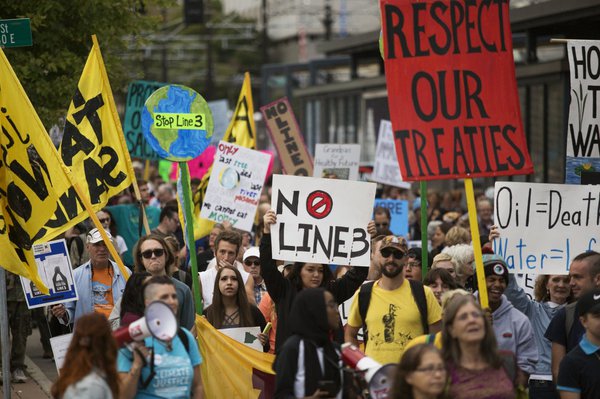ELURA NANOS

A bipartisan group of Virginia lawmakers is pushing to abolish the death penalty — a move advocates hope is a sign of changes to follow across the region. However, pushback within the legislature has already commenced
On the first day of the 2021 legislative session, Virginia legislators introduced three bills that would end the death penalty. SB 1165, introduced by Sen. Scott Surovell (D-Fairfax) with Republican co-patron Bill Stanley (R-Franklin), HB 2263, introduced by Del. Michael Mullin (D-Newport News), and HB 1779, introduced by Del. Lee Carter (D-Manassas). The house bill passed in committee by wide margins, and Governor Ralph Northam (D) has promised to sign it into law.
However, opposition to the move sprang up late in the week. Sen. Tommy Norment (R-James City) introduced substitute legislation that would keep the death penalty in place against defendants convicted of capital murder. Under Virginia law, capital murder includes the killing of another person for hire, during an abduction, during a robbery, or during sex crimes. It also includes, among other things, defendants convicted of killing multiple people and defendants convicted of killing more than one person. Under Norment’s proposal, such defendants could still be eligible for the death penalty.
Virginia’s most recent execution was in 2017. Like many other states as well as the pre-Trump federal government, Virginia called a moratorium on executions. A moratorium, though, is a far cry from complete abolition.
The move to permanently end capital punishment in the Old Dominion State is particularly momentous: Virginia is the former seat of the Confederacy; it carried out the very first execution in the Thirteen Colonies; and it is responsible for executing the second most people in the modern era — ahead of even Oklahoma and Florida. Texas has executed the most convicts by a wide margin.
“Just as Confederate monuments are being dismantled, this vestige of Confederate law is also facing dismantling,” Robert Dunham, executive director of the Death Penalty Information Center told the Washington Post. “That historical context is a central part of the repeal. And repeal offers a real opportunity for racial healing.”
The current effort to end Virginia’s death penalty isn’t the first time the matter has arisen. In fact, similar legislation was introduced in 2020, but died in committee. While the makeup of the voting committees hasn’t changed dramatically, it appears that attitudes toward the death penalty have. Some have speculated that the change was in part due to public outrage over the Trump administration’s rush to conduct multiple federal executions in its final days.
Abolition efforts in Virginia have critical bipartisan support; advocates point not only to important criminal justice reform value, but also to fiscal benefits, which include savings of nearly four million dollars annually by keeping people alive.
Most Southern states allow the death penalty. In 1965, West Virginia was the first Southern state to abolish it. Virginia would be the second.
The Supreme Court’s complicated 1972 opinion in Furman v. Georgia effectively ended the death penalty until state laws could be amended to include additional constitutional safeguards. However, the Court reaffirmed the death penalty in the 1976 decision Gregg v. Georgia after states amended their procedures.
Aaron Keller contributed to this report.
[Photo by California Department of Corrections and Rehabilitation via Getty Images]











 Protesters against Enbridge Line 3.
Protesters against Enbridge Line 3.





